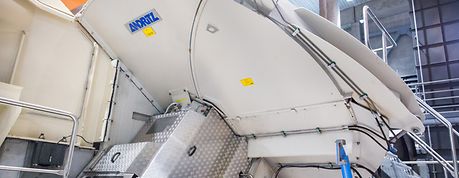GAINING INSIGHTS THROUGH DATA
Metris OPP can be compared with a tool kit and offers a variety of functionalities and applications. Tools such as the dashboard allow managers to gain a clear overview and access KPIs, balanced scorecards, and project management tools. Engineers, on the other hand, can draw on OPP’s powerful data analytics tools such as data mining, statistics, and power spectral density to quickly implement any efficiency modifications.
ENHANCED DAILY OPERATION
OPP is an especially powerful aid for operators and shift supervisors, for example, with the Logbook. This stored user data can be utilized to enhance daily operations, find solutions to recurring problems, or train new operators. Smart controls and operator assistance facilitate an array of start-up sequences, diagnostics, and root cause analyses as well as adaptive set-points, multivariable predictive controls, and neural networks. Regulatory control functions include control loop tuning and assessment as well as dead-time compensators and feed-forward options.
REAL-TIME DATA AND AUGMENTED REALITY
Field operators and maintenance technicians can perform more effectively with on-hand, augmented reality support. Real-time data and diagnostics coupled with remote support allow improvements to be implemented as and when they are needed. OPP also has functions that allow a malfunctioning valve or motor to be adjusted or replaced before it has had any significant negative impact on production.









